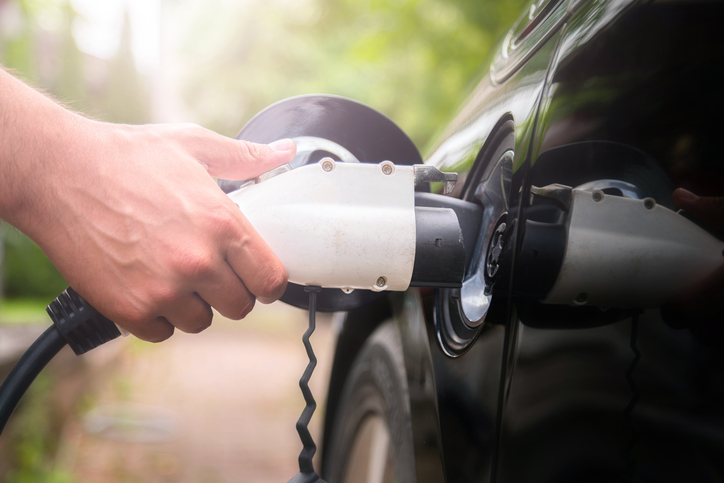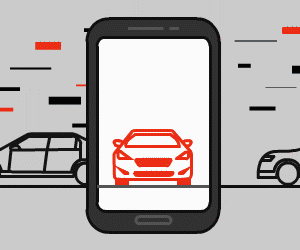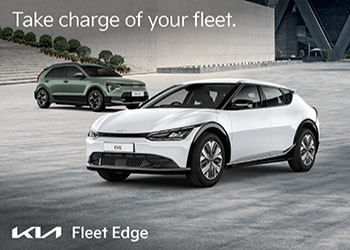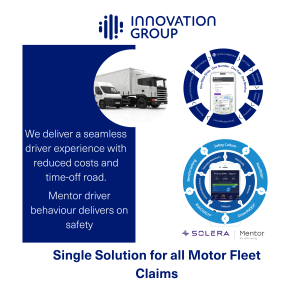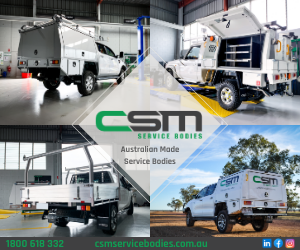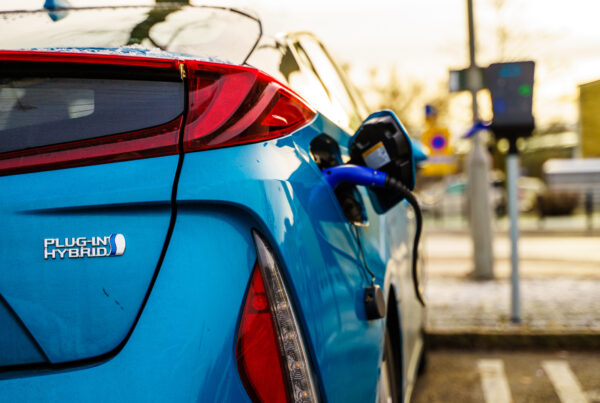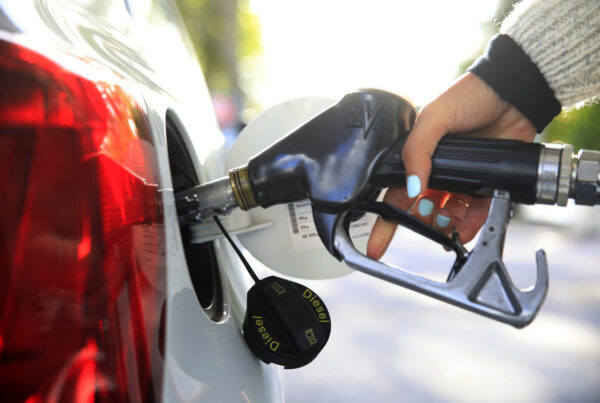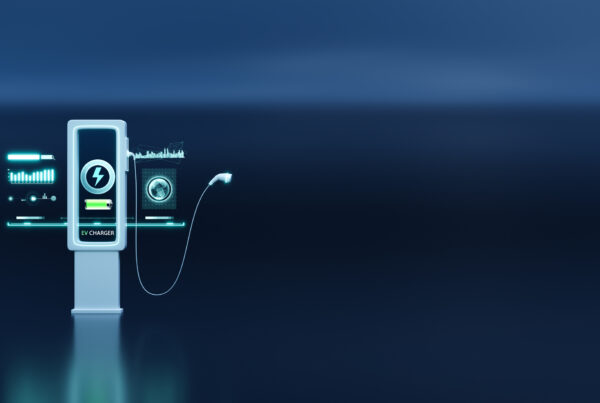Purchasers of new electric vehicles will be able to claim rebates worth $3,000 and refunds on stamp duty retrospectively if legislation underpinning the NSW Government’s $490 million Electric Vehicle Strategy passes in its entirety when NSW Parliament resumes.
Due to the current COVID-19 outbreak, NSW Parliament has not been able to sit – with legislation, including the Electric Vehicles (Revenue Arrangements) Bill 2021, delayed.
NSW Treasurer Dominic Perrottet, Transport and Roads Minister Andrew Constance, and Energy and Environment Minister Matt Kean, announced the support measures contained in Australia’s most generous EV package will be backdated so long as Parliament passes the legislation.
“The NSW Government remains fully committed to the Electric Vehicle Strategy and delivering on what we promised for this emerging industry,” Mr Perrottet said.
“We will keep to our September 1 go-live date, however, it is important both the industry and those considering purchasing an EV understand the availability of incentives is contingent on the Electric Vehicles (Revenue Arrangements) Bill 2021 passing Parliament.”
“It’s incumbent upon all political parties to get behind this Bill and this industry.”
If legislation passes, retrospectively from 1 September 2021, EV purchasers will be able to apply for a refund for the following:
- Stamp duty on eligible EVs (battery and hydrogen fuel cell vehicles) priced up to $78,000;
- A rebate of $3,000 for the first 25,000 eligible EVs under $68,750.
Mr Constance said providing these incentives now will ensure that manufacturers know the NSW Government is committed to driving uptake of electric vehicles.
“Electric vehicles are the way of the future and that’s why we need to reduce the barriers and create the right market conditions to ensure we are not left at the back of the starting grid,” Mr Constance said.
“This package not only reduces the costs of purchasing an electric vehicle, but also boosts competition and signals to the market NSW is ready for a greater number of new models.”
Mr Kean said the NSW EV Strategy is fundamental to NSW achieving Net Zero Emissions by 2050.
“Our aim remains to increase EV sales to more than 50 per cent of new cars sold in NSW by 2030 and for EVs to be the vast majority of new cars sold in the State by 2035,” Mr Kean said.
“For that reason, we have applied retrospectivity to our policy, to ensure the market is not held up due to the COVID-19 pandemic.”
The Electric Vehicle Strategy will cut taxes, incentivise uptake and reduce barriers for electric vehicle purchases over the next four years.

